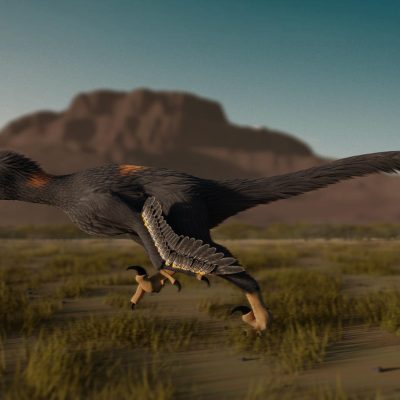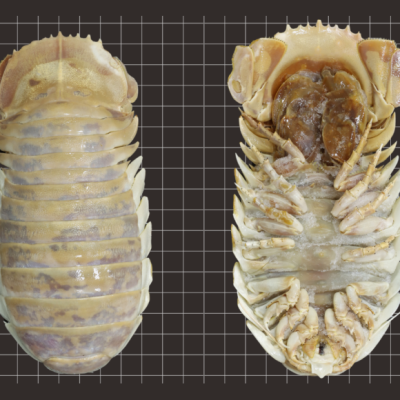Southern pig-tailed macaques have been found to be effective natural pest controllers in palm oil plantations, reducing the need for rodenticides and benefiting the environment. These macaques are able to hunt rats, which are a major pest in the plantations, and can bring in an additional €100 per hectare per year for plantation owners. Palm oil, which is derived from the fruit of the oil palm, is used in a wide range of products, but its production has been criticized for its impact on the environment, including deforestation and the use of pesticides. In Malaysia alone, which is responsible for a third of global palm oil production, around 6 million hectares are used for oil palm monocultures. The use of rodenticides in these plantations is also costly and has negative environmental impacts. The Macaca Nemestrina Project, which involves researchers from the University of Leipzig, the German Centre for Integrative Biodiversity Research, and the Max Planck Institute for Evolutionary Anthropology, aims to investigate whether southern pig-tailed macaques can be used as natural pest controllers in palm oil plantations. The macaques have been observed hunting rats in the plantations, and it is estimated that each group of macaques can eat over 3,000 rats per year, reducing rat populations by over 75%. This could increase yields by around 7%, resulting in an additional €100 per hectare per year for plantation owners. The researchers hope that their findings will encourage plantation owners to consider the protection of these primates and their natural habitats in and around oil palm plantations.
Science Shop
AdvertisementSource: Anna Holzner, Nadine Ruppert, Filip Swat, Marco Schmidt, Brigitte M. Weiß, Giovanni Villa, Asyraf Mansor, Shahrul Anuar Mohd Sah, Antje Engelhardt, Hjalmar Kühl, Anja Widdig (2019). Macaques can contribute to greener practices in oil palm plantations when used as biological pest control. Current Biology, 29(20), R1066-R1067. DOI:10.1016/j.cub.2019.09.011










